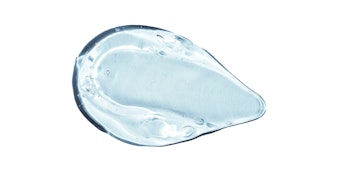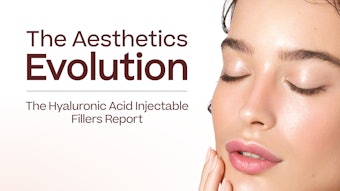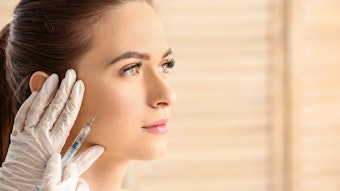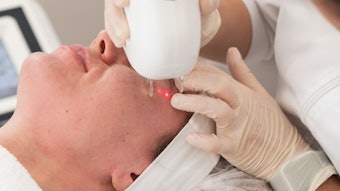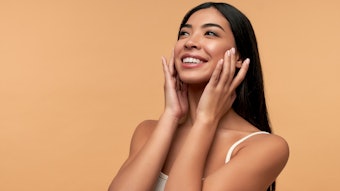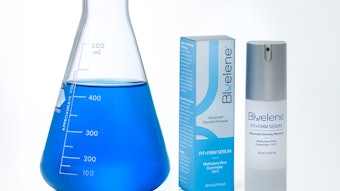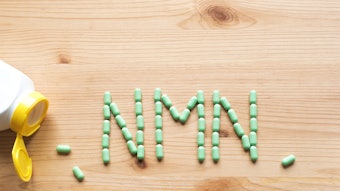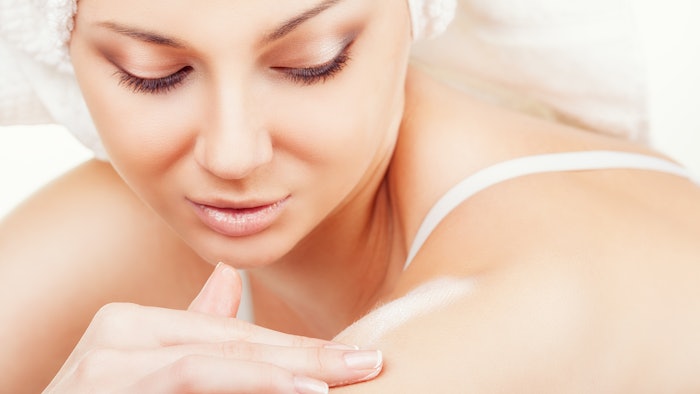
Topically applied live probiotics (and iterations thereof) for skin health have been the focus of many cosmetic developers. In relation, a recent study published in Microorganisms sought to examine what effects one such live probiotic, Lactobacillus reuteri, has on the skin's microbiome.
Here, Lactobacillus reuteri DSM 17938 was applied daily on three volunteers’ forearms for three weeks. Researchers measured its effects on the native skin bacterial community using Terminal-Restriction Fragment Length Polymorphism (T-RFLP).
T-RFLP results showed Lactobacillus reuteri DSM 17938 affected the structure of the innate bacterial community although this was transient, as the resilience phenomenon was observed. The authors suggest the initial inoculation could have instigated a strong direct competition among microbes, disturbing the native balance. It may also have had indirect effects as the species failed to establish itself and lysis by-products could have been used by indigenous bacteria to promote some species over others, changing the overall structure of the community.
See related: The Skin Microbiome, A New 'Organ' and How to Leverage It
After the first two weeks of application, Lactobacillus reuteri DSM 17938 colonization dropped drastically. According to the authors, these preliminary results suggest the success of probiotics and their potential skin health benefits resides in their interactions with the innate human microbiota, and not necessarily in establishing their colonization.
